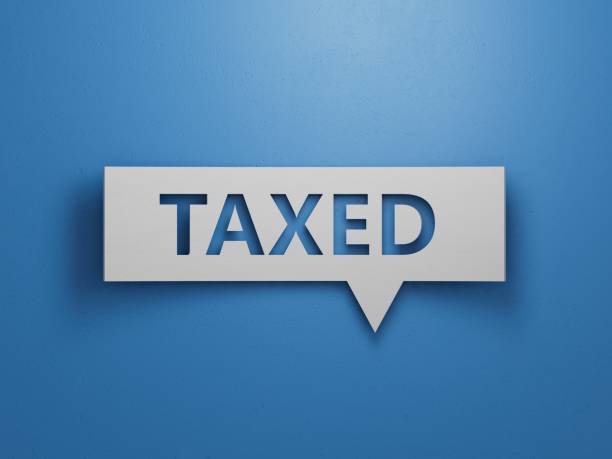Streamlining Washington’s costly and complex business licensing and Business and Occupation tax collection system would increase fairness, promote voluntary compliance, and free small business owners to create jobs, services, and economic growth.
Key Findings
1. The current business licensing process is overly complicated and expensive for small business owners.
2. Municipalities have different licensing requirements that are time-consuming and expensive to comply with.
3. Business and Occupation taxes can be assessed by local municipalities creating multiple tax filing requirements on business.
4. In some cases, business income within a jurisdiction is insufficient to cover the cost of the employer’s time and the cost to obtain a business license.
5. The government agency staff time to process a license for a business that doesn’t generate a significant amount of revenue can cost more than the license fee collected.
6. Applying for a license has improved with the state centralized system, but the remaining cities, not currently in the system, need to be added to the program.
7. A statewide threshold for economic nexus needs to be established to exempt insignificant levels of business activity from licensing requirements within a municipal jurisdiction.
8. Municipal Business and Occupation taxes should be collected by the state and distributed to local municipalities.
Introduction
Municipalities in Washington State are authorized to issue business licenses and charge a fee to regulate and identify business activity within the municipality’s jurisdiction.
The current licensing system is confusing, wasteful, and expensive, as successful businesses find they must comply with, and pay for, a wide array of local rules and fees simply to carry out legal economic activity.
Several attempts have been made over the last few legislative sessions to streamline and simplify the application, processing, and issuance of a business license. The changes culminated in the passage of House Bill 2005 in the 2017 legislative session.
House Bill 2005 created a centralized licensing system, which, for smaller jurisdictions, made the license application process more cost-effective and easier for business owners to follow. An additional option, for larger municipalities to use a third-party processor, called FileLocal.gov, was also allowed under House Bill 2005.
For business owners who operate in multiple jurisdictions, a license must be purchased in each jurisdiction. This overlap results in thousands of dollars in license fees, all so the business owner can carry out the same job-creation and economic activity in different communities.
Many business owners, because of the difficult and expensive licensing process, do not bother to apply for a license, particularly if the work being performed is minimal, or infrequent within a jurisdiction’s boundaries.
Some local officials also impose their own local Business and Occupation (B&O) taxes on business owners that are required to be paid directly to the jurisdiction. This creates an additional filing requirement for business owners. While there are minimum thresholds on the gross revenue amount on which the taxes are assessed, the business owner is still required to file a tax return in each jurisdiction on a regular basis, even if he owes no tax at all.
Click here to read the full Policy Note.





